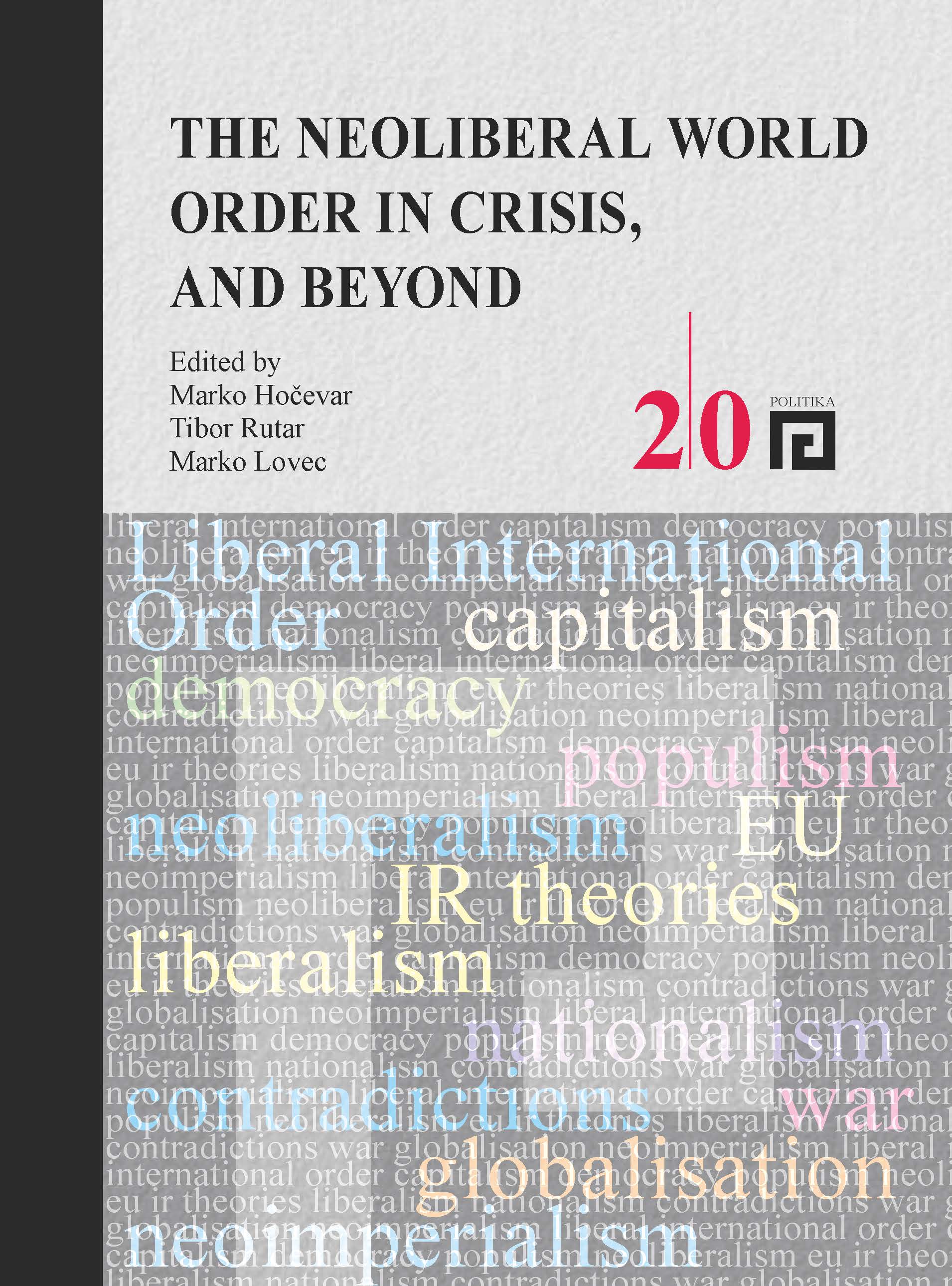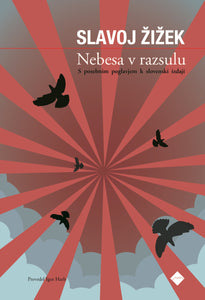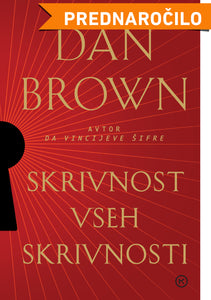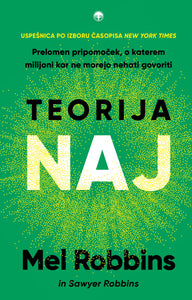The Neoliberal World Order in Crisis, and Beyond: An East European Perspective
The Neoliberal World Order in Crisis, and Beyond: An East European Perspective
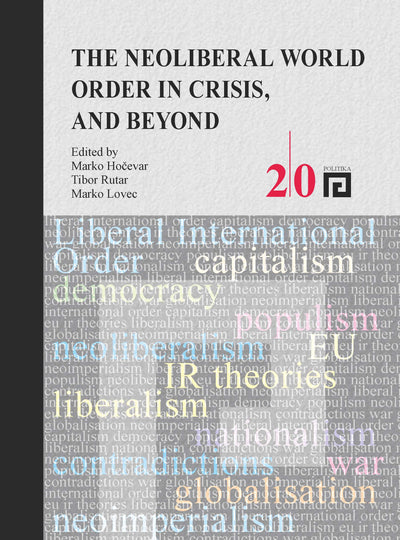
MARJAN SVETLIČIČMARKO HOČEVARMARKO LOVECTIBOR RUTAR
The Neoliberal World Order in Crisis, and Beyond: An East European Perspective
Zaloga po trgovinah
Rezultati:
Podrobnosti o izdelku
Poglej vseISBN
9789612950552Mladinska knjiga ID
918712Leto izida
2023Datum izida
09.10.2023Število strani
436Velikost (šxdxv)
150 × 210 × 10Status dobavljivosti
Na zalogi pri dobaviteljuZbirka
1363Jezik
ANGTeža
300 gZaložnik
UNIVERZA V LJUBLJANI FAKULTETA ZA DRUŽBENE VEDEAvtor
TIBOR RUTAR, MARKO HOČEVAR, MARJAN SVETLIČIČ, MARKO LOVECOpis
Since the Second World War, and especially since the 1980s, the world has undergone great changes. Never in the history of mankind have countries been so economically open, trade-connected, and interdependent. With few exceptions, such as North Korea, the basics of the capitalist mode of production have taken hold throughout the world, including the former communist superpowers, such as China and Russia. The fall of the Berlin Wall and the collapse of communist regimes opened the way for the accelerated expansion of the liberal international order, democracy, and neoliberal capitalism throughout the world. Some celebrated these changes as "the end of history" or at least the beginning of a completely different global order, others saw a dangerous potential for the expansion of "civilisational" cultural and religious conflicts, while still others warned that the changes represented nothing but the expansion of the capitalist world market and thus the revival of neo-imperialist relations between countries and regions, all in line with US-led capital interests. The purpose of this book is to address the crisis of the (neo)liberal world, focus on conceptual debates and empirical global power shifts (rising China and more assertive Russia), while exploring the crisis of Western neoliberal capitalism and West failure on some of its norms and promises. The introductory chapter (by Tibor Rutar, Marko Hočevar and Marko Lovec) analyses various theoretical debates and approaches, as well as focuses on the certain common trends in the CEE after the end of the Cold War. The first part of the volume focuses on certain conceptual and empirical contradictions of the neoliberal world order. In chapter 2 (by Tibor Rutar), criticism of the neoliberal world order is critically assessed and put in a broader context by testing some of the charges against the empirics on a macro level. Chapter 3 (by Marko Hočevar) address the dependent integration of postsocialist countries in the EU. Chapter 4 and chapter 5 deal with the critique of neoliberal theory - chapter 4 (by Patrik Marčetić) focuses on the variety of understandings of the hegemony concept in IR that help to go beyond simplistic explanations such as of the global power shifts; chapter 5 (by Srdjan Orlandić) explores potential of critical reflexive approaches against neorealist and neoliberal IR theory.
The second part of the volume deals with the pitfalls and contradictions of the EU. Chapter 6 (by Melika Mahmutović and Marko Lovec) analyses the rise of backlash against the Maastricht treaty and the rise of populism. Chapter 7 (by Ana Podvršič) focuses on the rise of conservative far-right in the Eastern periphery of the EU and the challenges that it poses to neoliberalism. Chapter 8 (by Ana Bojinović Fenko and Faris Kočan) explores various foreign policy elements of the CEE and the rise of illiberalism in international politics. Chapter 9 (by Jelena Juvan) deals with the war in Ukraine and its impact on the security architecture of the EU. The third part of the volume explores failed promises and challenges the neoliberal world order. Chapter 10 (by Blaž Vrečko Ilc) focuses on the technological and economic rise of China and the contradictions that it Is dealing with. Chapter 11 (by Primož Šterbenc) analyses the impact of neoliberalism in the Muslim world after the invasion of Iraq in 2003. Chapter 12 (by Ajda Hedžet) explores the failed promises and limitations of the current conception of human rights, while chapter 13 (by Matjaž Nahtigal) deals with the inherent instabilities of the neoliberal rules-based order and possible alternatives. The concluding section (again written by the three editors) shows the possible developments of the neoliberal world order, focuses on the war in Ukraine and the rise of China, while postulating, that the neoliberal world order might become stronger, but more limited to the "West".
Pogosto kupljeno skupaj
Prikaži vse podrobnosti
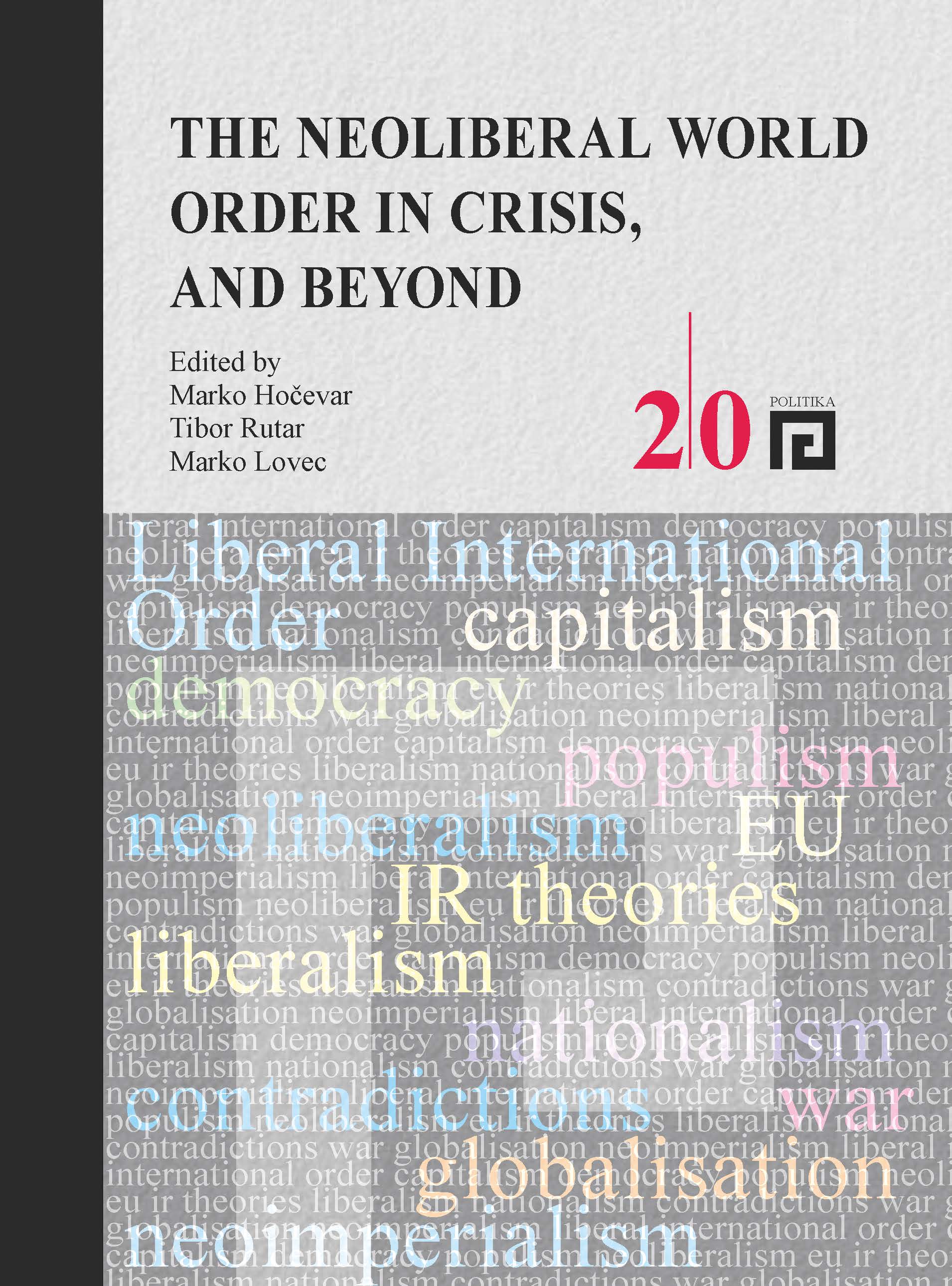
Trda
Ostali so si ogledali tudi ...

Več kot pol milijona knjig
Največja ponudba slovenskih in tujih knjig na enem mestu.

Enostaven nakup
Do izbranega le z nekaj kliki na spletu ali v eni od več kot 50 knjigarn.
Strokoven nasvet
Pred nakupom nas pokličite za nasvet ali se oglasite v knjigarni.

Vse za šolo
Nagrajena izobraževalna gradiva in kakovostne potrebščine.

Celovita ponudba za dom in pisarno
Vrhunski izdelki priznanih blagovnih znamk.
Brezplačna dostava
Brezplačna dostava za vsa naročila nad 59 € (za šolske pakete nad 140 €)
Knjigarne
Zaloga
×Osveženo 26.03.2023 10:09
Slovenska cesta 29, 1000 Ljubljana
E-naslovSpletna knjigarna: info@emka.si, Mladinska knjiga Založba: info@mladinska-knjiga.si
Kontakt01 241 30 00
Brezplačna številka080 12 05
Prijava na e-novice
© 2026 Mladinska knjiga. Vse pravice pridržane.
- Ko izberete elemente, se celotna stran osveži.
- Odpre se v novem oknu.
